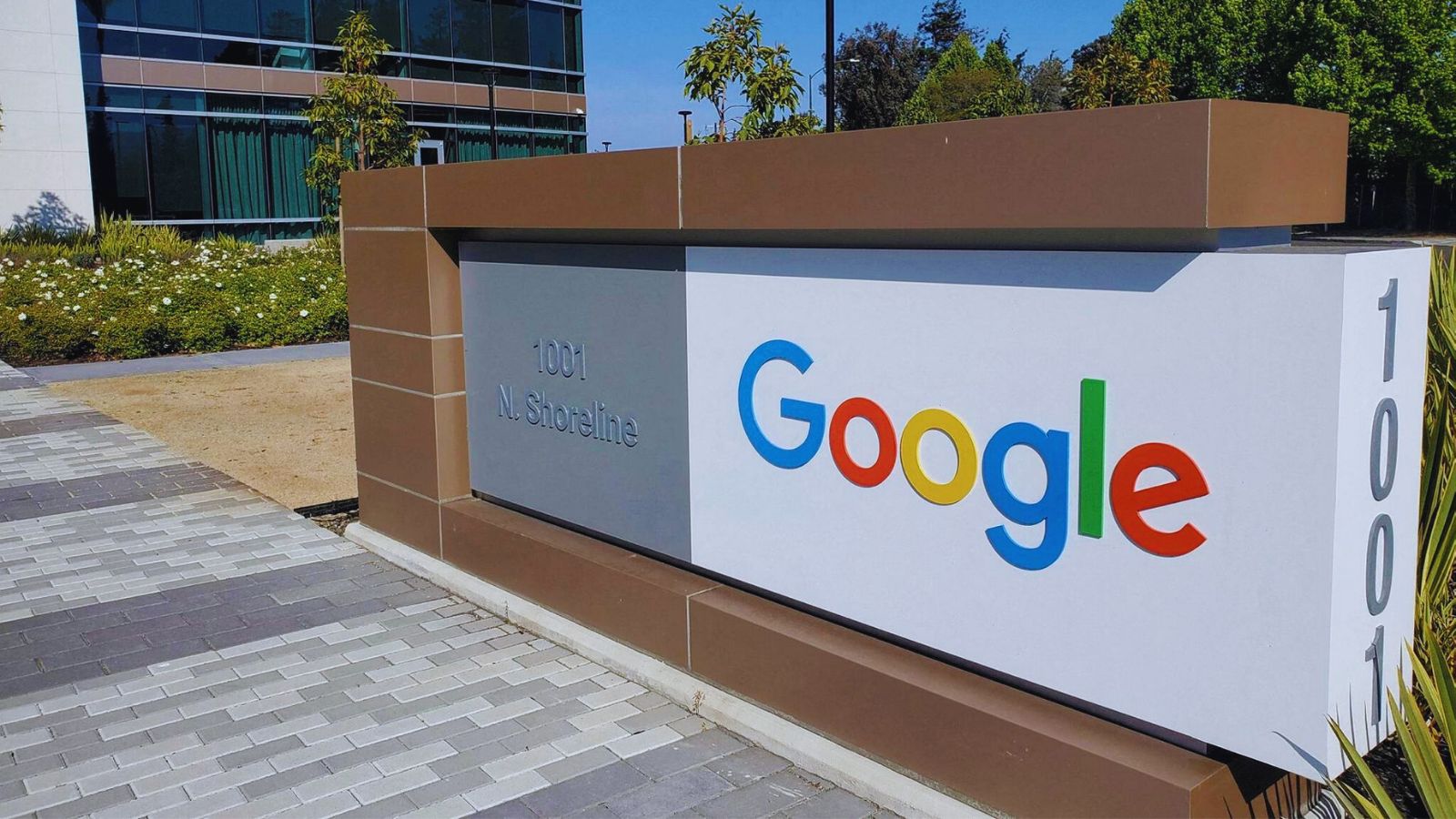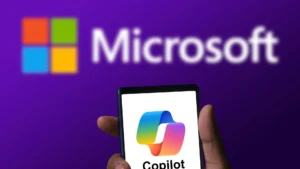Google Co-Founder Urges DeepMind Team to Commit to 60-Hour Work Weeks Amid Intensifying AGI Competition

Sergey Brin’s Advice on Work Hours at Google DeepMind
Maximum Productivity and Long Workdays
Sergey Brin, one of the co-founders of Google, recently shared his insights on productivity with employees at Google DeepMind, the company’s AI research division. He suggested that team members should consider working 12-hour days as part of the intensified pursuit of Artificial General Intelligence (AGI). Brin emphasized that, based on his experiences, putting in around 60 hours per week tends to yield the greatest productivity. He cautioned that while some might work longer hours, they risk burnout and a decline in creativity. Conversely, individuals who work less than 60 hours often contribute minimally and can negatively affect team morale.
Celebrating Recent Achievements
Brin’s memo coincided with the two-year anniversary of Google DeepMind’s Gemini AI program. He acknowledged the significant progress made in that time and noted the mounting competition in the race towards AGI. Brin expressed confidence that the team possesses all the necessary resources for success but urged employees to "turbocharge" their efforts to maintain a competitive edge.
Importance of In-Person Collaboration
In his message, Brin underlined the significance of working from Google offices. He argued that face-to-face interaction is far more effective for communication compared to remote work setups. He recommended that employees make an effort to be in the office at least every weekday. This emphasis on collaboration reflects a belief that physical proximity can foster better teamwork and innovation.
Need for Speed and Capability
Brin pointed out the necessity for Google DeepMind’s projects, models, and internal tools to operate efficiently. He stressed that waiting times, such as the 20 minutes it might take to run a script, are unacceptable in the fast-paced tech environment. The push for "real wins that scale" showcases a desire for tangible outcomes from the team’s efforts.
A Surprising Source of Communication
Interestingly, this memo came from Brin rather than Demis Hassabis, the head of Google DeepMind. Although Brin stepped down from his formal roles at Google in 2019, he remains a board member and continues to influence the company’s direction.
Concerns Over Oversight in AI Products
In his memo, Brin also addressed concerns about the regulatory measures in place for Google’s AI products. He expressed a desire to move away from "nanny products," criticizing the excessive filtering and restrictions that he believes hinder the potential capabilities of their tools. Brin’s assertion favored placing trust in users to handle the technology responsibly, signaling a more open approach in future AI developments.
Noteworthy Context
Brin is not just a tech leader; his influence extends to various domains, including political circles. He was among the notable figures in Silicon Valley who attended the inauguration of U.S. President Donald Trump, alongside other prominent names such as Google CEO Sundar Pichai and Meta CEO Mark Zuckerberg. This highlights his status and connections within the broader tech and political landscape.
Closing Thoughts on the Discourse
Sergey Brin’s recent communication to Google DeepMind employees reflects urgent calls for increased productivity and collaboration. As the company continues its quest for AGI, the emphasis on extended work hours could generate mixed reactions among the workforce. It’s clear that his approach aims to instill a sense of urgency and drive within the team, reflecting the competitive nature of the tech industry as it evolves rapidly.






